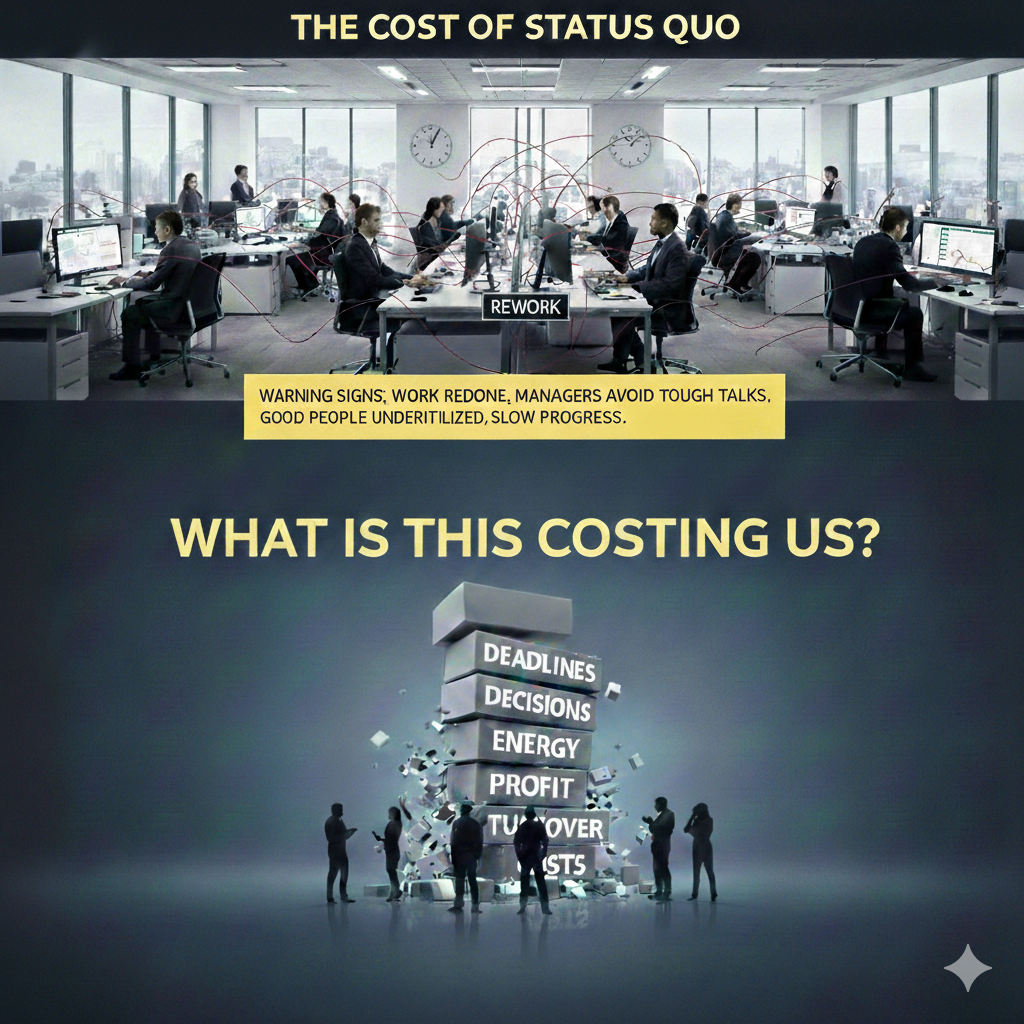Contribution Expands Trust

“Few things build trust quicker than actual results,” says David Horsager. “At the end of the day, people need to see outcomes. You can have compassion and character, but without the results you promised, people won’t trust you. Be a contributor who delivers real results.”
People trust those who make a difference for the organization. When anyone focuses on achieving stated mission and goals, they are making a meaningful contribution. This includes doing their own work well and supporting others to be successful.
Let’s look at four characteristics which many highly-rated contributors have in common.
1 - Ability to Plan and Organize Their Work
Contributors:
- Manage their time and others’ time well
- Handle multiple demands and deadlines
- Monitor their progress without much oversight
2 - Strong Interpersonal Communication
Contributors:
- Articulate their thoughts clearly
- Ensure they are understood and understand others
- Share helpful information with others
3 - Effective at Collaboration
Contributors:
- Maintain cooperative work relationships with others
- Assist others in the completion of their tasks to support group goals
- Collaborate during meetings and in informal settings
4 - Ability to Deliver Consistent Results
Contributors:
- Are dependable
- Work on the right tasks to ensure they achieve priority results
- Take personal responsibility for achieving outcomes
Interpersonal skills as well as effectively planning and completing work are essential characteristics of top contributors. Those who develop these skills and regularly focus on fulfilling their responsibilities will be acknowledged as valuable contributors. In turn, they will be trusted and respected by their colleagues.
Which of these four important characteristics are strengths for you? Which could be your next growth area? What is one change you could make in these areas to increase your workplace contribution, increasing the level of trust others have in you?

